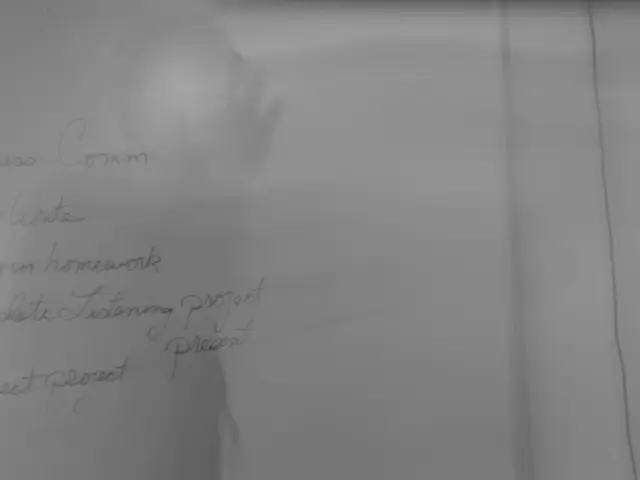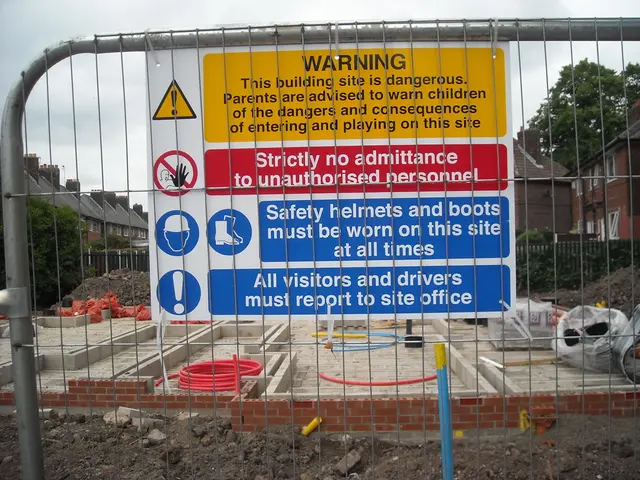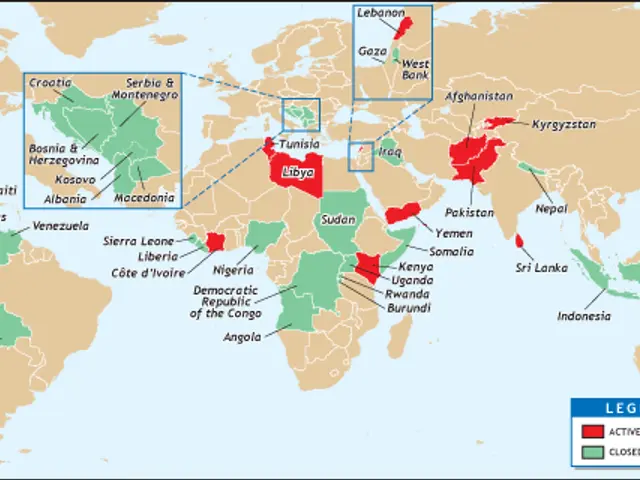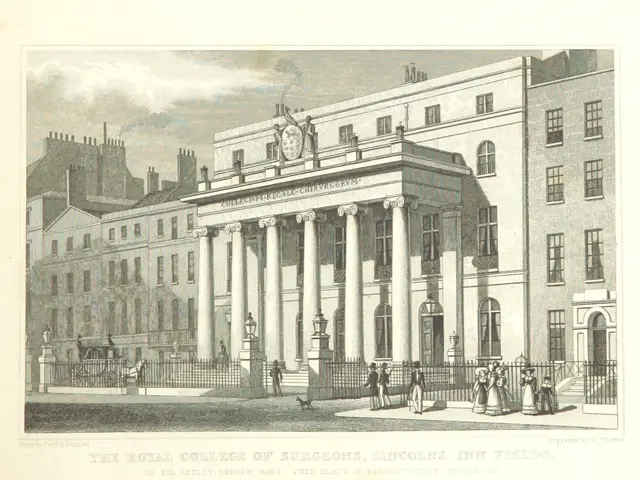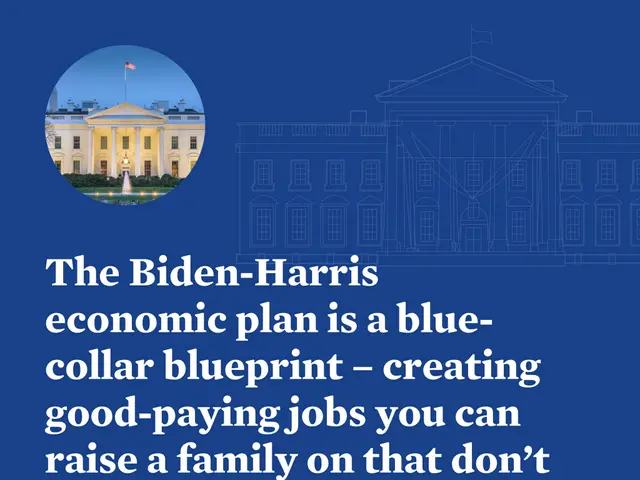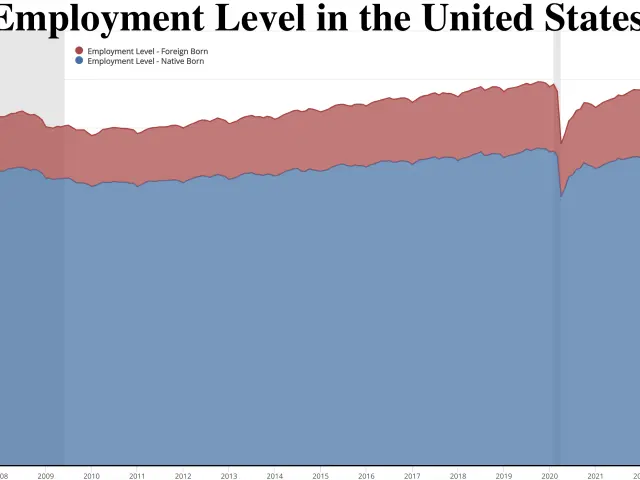Nigeria seals historic accord with UNIDO for eco-friendly economic and industrial progress within the country
In an exciting turn of events, the United Nations Industrial Development Organization (UNIDO) and Nigeria's Federal Government, through the Ministry of Budget and Economic Planning, have kick-started a four-year Programme for Country Partnership (PCP) Flagship Strategy. This groundbreaking move was finalized during a ceremony in Abuja, attended by dignitaries from both UNIDO and the Nigerian Government, including the Minister of Industry, John Owan Enoh, as well as representatives from the Organized Private Sector (OPS) and the Manufacturers Association of Nigeria (MAN).
The PCP is designed to cater to Nigeria's demands for inclusive and sustainable industrial development. This innovative program is the first of its kind in Nigeria and has been developed in partnership with the government, aiming to fast-track industrial growth and economic diversification in the country.
The signing of the PCP marks a significant milestone in UNIDO's 40-year collaboration with Nigeria. This collaboration accelerates Nigeria's evolution towards becoming a dominant industrial and economic hub in West Africa. Under the leadership of the Government of Nigeria, the PCP will fortify existing partnerships and forge new ones for the sustainable industrial development of Nigeria, with the primary objective of fostering a diversified, competitive, inclusive, and sustainable industrial economy.
Speaking on this historic partnership, UNIDO's Director General, Gerd Müller, stated, "UNIDO's longstanding partnership with Nigeria, spanning four decades, is set to reach new heights with this Programme for Country Partnership. Our objective is to enhance Nigeria's sustainable economic and industrial development. Today, we are embarking on a journey towards unlocking Nigeria's immense potential to become an economic and industrial powerhouse. Collaboration is the key. Our efforts will focus on job creation, boosting local value addition, developing special economic zones, formulating industrial policy, building trade capacity, and promoting sustainable energy development."
The PCP aligns with ongoing national, regional, and global strategies, including the Nigeria Medium Term National Development Plan (MTNDP) 2021-2025, the Renewed Hope Agenda, Agenda 2063 of the African Union, and the 2030 Agenda of the United Nations and its associated Sustainable Development Goals (SDGs). It also aligns with the United Nations Sustainable Development Cooperation Framework (UNSDCF) 2023-2027.
The PCP will invest in developing agro-value chains, including those linked to the tourism sector, and foster industrial diversification and innovation, such as through special economic zone development. Cross-cutting components in the areas of industrial policy and statistics, quality infrastructure, sustainable energy, and the circular economy, as well as women's empowerment and youth employment, ensure a holistic approach that caters to the needs of key stakeholders and vulnerable groups.
To guide the implementation of the PCP, strategic guidance is being provided by the Federal Government of Nigeria throughout the four-year lifespan of this historic partnership. UNIDO is spearheading the process of securing funds from donors and partners, as well as providing technical support with the coordination of the Federal Government of Nigeria.
During his visit to Nigeria, Director General Müller also had discussions with the President of the ECOWAS Commission, Omar Alieu Touray, on further strengthening cooperation, particularly through the African Trade Competitiveness and Market Access Programme to remove market access barriers for local businesses and boost EU-Africa trade and intra-African trade in support of the African Continental Free Trade Area.
The visit of the UNIDO Director General also included a tour of processing and packaging facilities of a Nigerian food producer on the outskirts of Abuja. This company displayed how local value addition in agribusiness can benefit rural development by improving food security, creating jobs, providing access to electricity, and offering skills training, and how market expansion from the domestic to the international can be achieved.
While the specific goals and objectives of the PCP are not detailed, UNIDO's past activities in Nigeria, such as the "Promoting Small Hydropower Development and Circular Economy Approaches in Nigeria" initiative, suggest a broader focus on sustainable energy development, industrial governance, and value chain development, particularly in agriculture and minerals. This initiative encompasses components like building human and institutional capacity for small hydropower projects and enhancing livelihoods through renewable energy. For precise details on the PCP program, additional information may be required.
- The PCP, in its pursuit of sustainable economic development, plans to invest in agro-value chains, including those linked to the tourism sector, and food security is anticipated to improve through local value addition in agribusiness.
- Education and self-development, alongside sports, are expected to receive support as the PCP's cross-cutting components include women's empowerment and youth employment, ensuring a holistic approach that caters to the needs of key stakeholders and vulnerable groups.

